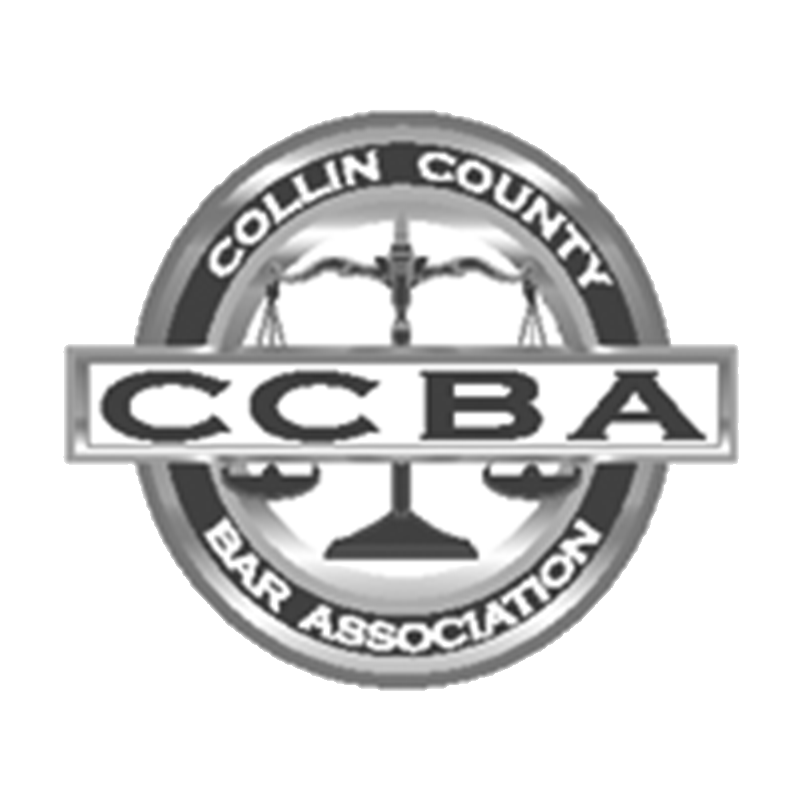Dividing Your 401(k) During Divorce
The thought of dividing your hard earned 401(k) can increase stress and anxiety in your divorce case. Some clients are shocked to find out they may have to fork over a portion of their 401(k) to their soon to be ex-spouse when dividing up the marital estate. We know it is important to you to protect as much of your 401(k) as possible. This article will discuss the various ways in which your 401(k) may be divided, if at all, and what tools we can use in the divorce process to achieve the best outcome for your situation.
But first, some background:
Typically, employers will provide their employees with 401(k) investment plans, also known as defined contribution plans. Every year the IRS adjusts retirement plan contribution limits for inflation. Employees were able to contribute up to $20,500 to their 401(k) plan for 2022 and are now able to contribute up to $22,500 for 2023. One major perk of investing in a 401(k) through your employer is that they will often match employee contributions up to a certain percentage, which can greatly increase your overall contributions.
What you need to know:
- Texas is a community property state. This means a court will generally aim to split your marital assets down the middle or 50/50 in divorce.
- Only the community property portion of your 401(k) will be subject to division in a divorce.
- Separate property shares can remain separate property but must be traced.
- During divorce, your 401(k) can be divided without penalty through a Qualified Domestic Relations Order.
What portion of my 401(k) is considered community property?
Texas is a community property state which means a court will ordinarily split your marital assets as equally as possible in a no-fault divorce. Under certain circumstances, a court may award a slightly disproportionate share of the community estate to one spouse, but the general rule is to divide the estate as equitably as possible.
Any financial contributions made during the marriage will be considered community property, thus eligible for division. Unfortunately, this includes contributions made by your employer and the interest accrued in your 401(k). On the other hand, we are able to negotiate how the community portion of your 401(k) will be divided, if at all, when calculating the overall division of the marital estate.
For example, we may be able to divide other areas of the community estate so that each spouse may retain their own 401(k), while still attaining a 50/50 split of assets and/or liabilities at the conclusion of the divorce. This can be done by disproportionately dividing other assets such as proceeds from the sale of the martial home, bank accounts, or other investments.
How does dividing my 401(k) affect my tax Liability?
Typically, courts do not make parties account for future tax liability when determining how to divide their traditional 401(k). Since a traditional 401(k) is not taxed at the time of investment, you must pay taxes once you withdraw funds from the account. By contrast, a Roth 401(k) is taxed before being contributed to your plan and will not be taxed at the time you withdraw funds.
Tax rates fluctuate, making it hard to predict exactly how much tax responsibility an individual may have in the distant future. For example, when dividing your 401(k) a court will not attempt to predict the individual tax consequences you will face at the time of retirement. Thus, courts do not undervalue the total worth of your 401(k) for purposes of division, based on how future tax liability will affect the person withdrawing funds.
What if I took out a loan on my 401(k)?
If you took a loan out on your 401(k), this may be considered a community debt also subject to division. However, unlike other types of debt, this is a debt owed to yourself rather than a traditional lender. In other words, the debt may also be considered a future asset you expect to receive at a later date. This will not affect any potential division of your 401(k), however it must be disclosed to the other party during the divorce process.
The Division
The old method used by courts, known as the “subtraction method,” is done by determining the value of the 401(K) at the time of marriage, and then subtract that amount from its current value. The remaining portion is considered community property and thus, subject to division in divorce. However, this is not the most reliable method to calculate the community portion because it fails to consider the individual growth of any separate property shares that may have been obtained prior to marriage.
For instance, certain investment shares that were purchased prior to marriage, may have grown significantly. If these shares were never sold, they are still considered your separate property and thus, not subject to division. In other words, any increase in value of shares owned prior to marriage remain your separate property so long as they are not sold. Keep in mind that there may still be a considerable portion of your 401(k) that is characterized as community property.
The good news is, we are able to trace separate property shares and their growth by hiring a certified financial analyst who specializes in divorce cases. They can look at your specific investments, review what shares have been sold or purchased before and after the marriage and determine the exact portion of your 401(k) that is subject to division.
Ultimately, you and your spouse have the ability to come to an agreement on how you would like to split up your community property. But if both parties are unable to do so, this is how we accurately determine the community portion of your 401(k) without any guessing.
What happens after my divorce?
If you divide your 401(k) during your divorce, our office will draft a Qualified Domestic Relations Order (QDRO), which will allow you to transfer a portion of your funds, without any penalty. After being signed by the judge, a certified copy of the QDRO must be sent to your 401(k) plan administrator who will divide the account from the date your settlement agreement or divorce decree is signed.
A common mistake when drafting an agreement is to not include whether the entire value of the 401(k) will be divided, or just the community portion. Hence, it is important that your mediated settlement agreement or divorce decree reference the specific amount to be taken from your 401(k).
It can take a couple of months before the division is complete, during which time your total balance may fluctuate. This is normal, and not a reason for concern. You and your employer may still make contributions during this time without forfeiting additional funds to your spouse. Once the plan administrator finalizes the division, the specified amount will be paid to your spouse.
If you have questions about your 401(k) as it relates to your divorce, contact us today!
***Grinke Stewart Law are not tax advisors or tax professionals. Nothing contained herein this article should be construed as tax advice. You should always consult with a tax professional when making important financial decisions in a divorce.

















